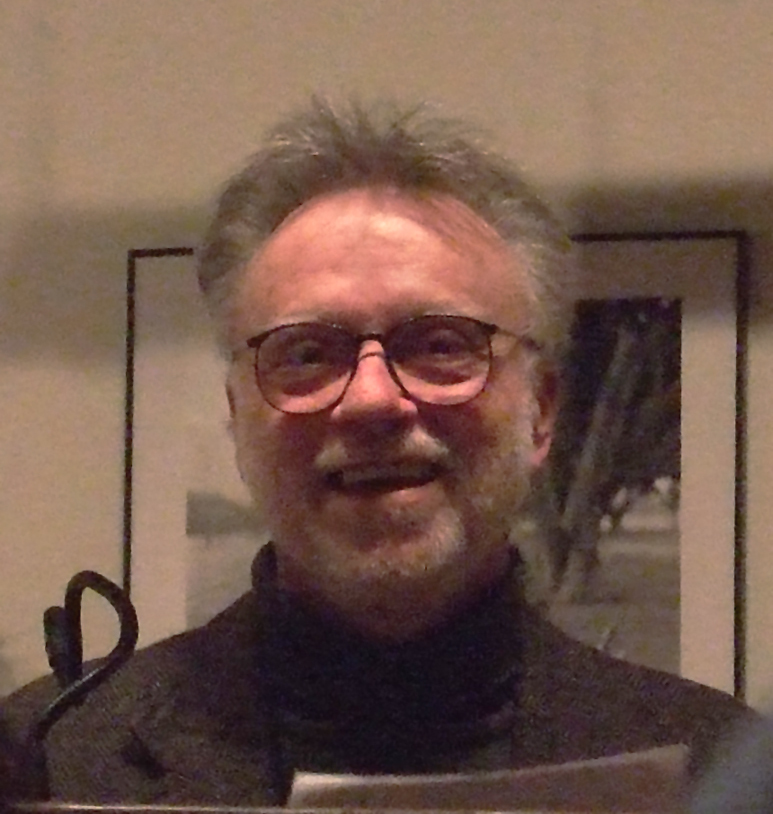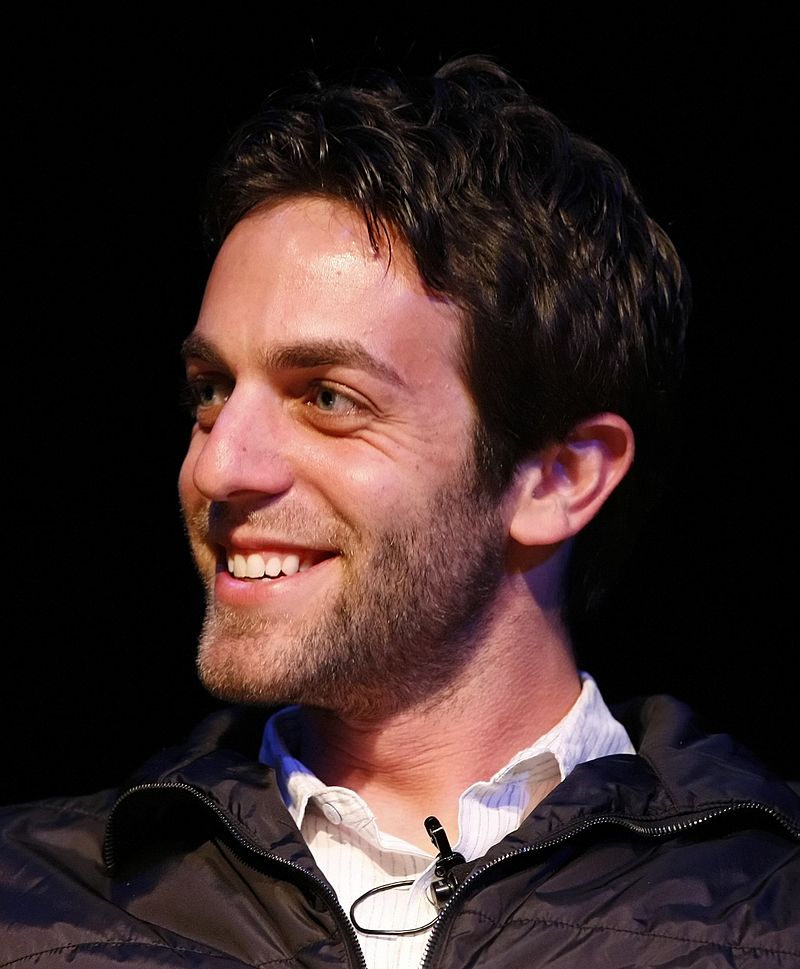 author
authorDiscover the Best Books Written by Jerzy Kosiński
Jerzy Kosiński was a Polish-American novelist and two-time President of the American Chapter of P.E.N., who wrote primarily in English. Born in Poland, he survived World War II and, as a young man, emigrated to the U.S., where he became a citizen. He was known for various novels, among them, Being There (1970) and The Painted Bird (1965), which were adapted as films in 1979 and 2019, respectively.
Kosiński was born Józef Lewinkopf to Jewish parents in Łódź, Poland. As a child during World War II, he lived in central Poland under a false identity, Jerzy Kosiński, which his father gave to him. Eugeniusz Okoń, a Catholic priest, issued him a forged baptismal certificate. The Lewinkopf family survived the Holocaust thanks to local villagers who offered assistance to Polish Jews, often at great risk.
Kosiński's father was assisted not only by town leaders and clergymen but also by individuals such as Marianna Pasiowa, a member of an underground network that helped Jews evade capture. The family lived openly in Dąbrowa Rzeczycka, near Stalowa Wola, and attended church in nearby Wola Rzeczycka, with the support of villagers in Kępa Rzeczycka. For a time, they were sheltered by a Catholic family in Rzeczyca Okrągła. Jerzy even served as an altar boy in the local church.
After the war ended, Kosiński and his parents moved to Jelenia Góra. By age 22, he had earned graduate degrees in history and sociology at the University of Łódź. He then became a teaching assistant at the Polish Academy of Sciences. Kosiński also studied in the Soviet Union and served as a sharpshooter in the Polish Army. To migrate to the United States in 1957, he created a fake foundation, which supposedly sponsored him.
He later claimed he forged the letters from prominent communist authorities guaranteeing his loyal return to Poland, as were then required for anyone leaving the country. Kosiński first worked odd jobs to get by, including driving a truck, and he managed to graduate from Columbia University. He became an American citizen in 1965. He also received grants from the Guggenheim Fellowship in 1967 and the Ford Foundation in 1968.
In 1970, he won the American Academy of Arts and Letters award for literature. The grants allowed him to write a political non-fiction book that opened new doors of opportunity. He became a lecturer at Yale, Princeton, Davenport, and Wesleyan universities. Kosiński practiced the photographic arts, with one-man exhibitions to his credit in Warsaw's Crooked Circle Gallery (1957) and in the Andre Zarre Gallery in New York (1988).
In 1962, Kosiński married an American steel heiress Mary Hayward Weir. They divorced four years later. Weir died in 1968 from brain cancer, leaving Kosiński out of her will. He fictionalized his marriage in his novel Blind Date, speaking of Weir under the pseudonym Mary-Jane Kirkland.[5] Kosiński later, in 1968, married Katherina "Kiki" von Fraunhofer (1933–2007), a marketing consultant and a descendant of Bavarian nobility.
Toward the end of his life, Kosiński suffered from multiple illnesses and was under attack from journalists who accused him of plagiarism. By his late 50s, he was suffering from an irregular heartbeat. He committed suicide on May 3, 1991, by ingesting a lethal amount of alcohol and drugs and wrapping a plastic bag around his head, suffocating himself to death. His suicide note read: "I am going to put myself to sleep now for a bit longer than usual. Call it Eternity." Kosinski's remains were cremated, and his ashes were scattered off a small cove in Casa de Campo in the Dominican Republic.
Best author’s book




















